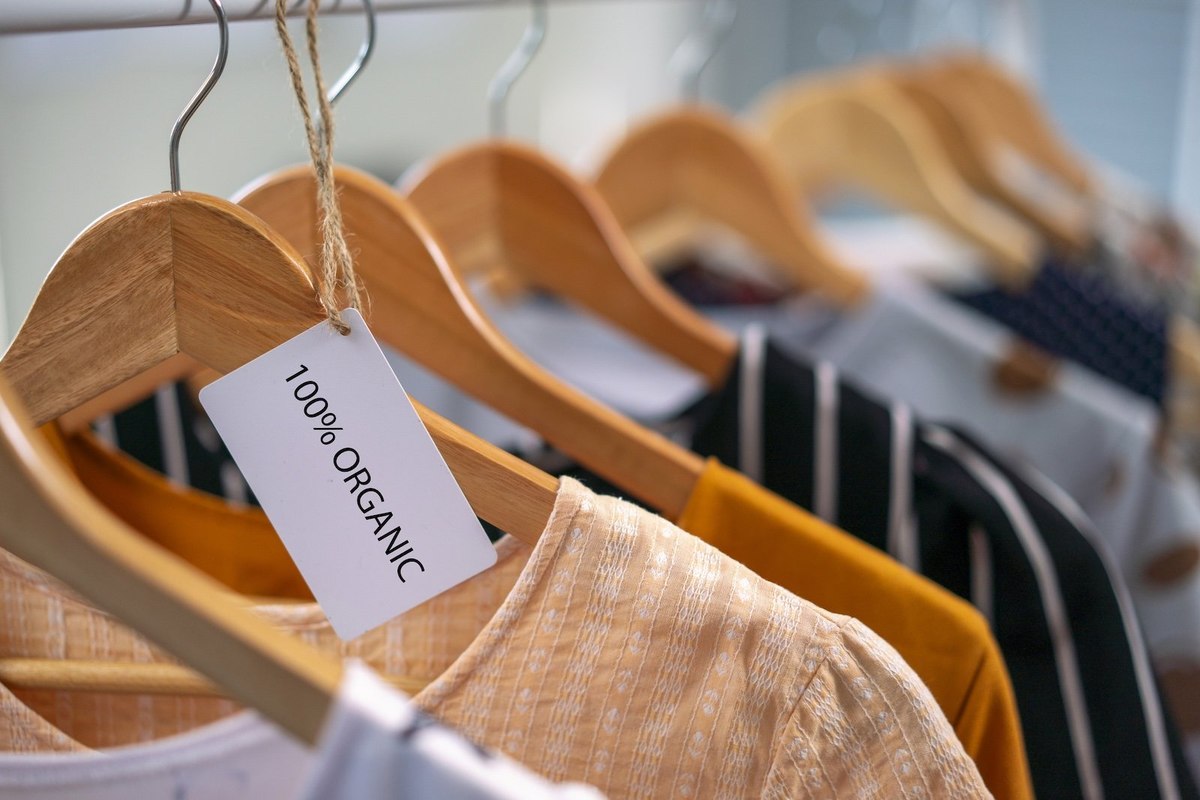
Sustainable Choices: What Fashion Brands Do Eco-conscious Americans Prefer?
As sustainability becomes a key concern for many American shoppers, the fashion industry faces significant new challenges. To help understand this shift, YouGov has created a consumer segment based on environmental concern.
“Planet Protectors” are the most environmentally engaged of five consumer segmentations. They prioritize the planet in their buying decisions and are happy to pay more for sustainable products, represent 26% of the population. Their preferences provide insights into which fashion brands resonate with eco-conscious consumers.
Preferred Fashion Brands Among Planet Protectors
In many cases, Planet Protectors have similar preferences to the general population. The below chart shows the ten brands with the highest Consideration scores among Planet Protectors compared to the general population. Consideration is simply the percentage of respondents who would consider purchasing a given brand next time they’re in the market for shoes and apparel.
Levi’s and Skechers are the most widely considered fashion brands among Planet Protectors, with scores of 35% and 34% respectively. This varies only slightly from the scores among the general population (34% and 31%), meaning that these brands are equally effective at appealing to those who are engaged with environmental concerns and those who aren’t.
In contrast, there are brands that Planet Protectors seem especially less likely to consider. Sneaker brands such as Nike and Adidas have lower scores among Planet Protectors at 30% and 23% compared to 40% and 32% in the general population. This difference may be related to negative press these brands have received regarding their environmental practices.
Brands Rejected and Favored by Planet Protectors
While the above chart showed the most considered brands among Planet Protectors overall, our analysis also shows the brands where this group really sets themselves apart from the general population. These are the brands with the biggest proportionate differences in Consideration.
Brands like J. Crew, Zappos.com, Talbots, DKNY, and Patagonia are particularly favored by Planet Protectors. Patagonia, known for its eco-friendly policies, has a Consideration score of 13% among Planet Protectors, compared to just 10% in the general population. J. Crew enjoys a similar advantage, with 12% of Planet Protectors considering it versus 8% of the general populace.
On the other side, brands such as Zara, Adidas, and Nike are less favored, indicating a gap between these brands’ practices and the expectations of Planet Protectors. For instance, Nike’s Consideration among Planet Protectors is significantly lower at 29.6%, compared to 39.7% in the general population, possibly due to environmental controversies. Brands like J. Crew and Patagonia, though smaller in overall Consideration, are notably more popular among Planet Protectors, which highlights a niche market that highly values authentic sustainability.
Conclusion
This data suggests that brands that align their operations and communications with environmental values have a clear advantage among Planet Protectors who make up over a quarter of the total market. Conversely, those associated with negative environmental impacts, especially in the athletic and sneaker sectors, need to improve their practices to regain trust.
The increasing importance of sustainability in consumer choices is reshaping which brands are favored and which are sidelined. The message is clear: sustainable practices are more than a selling point; they’re a necessity for many consumers.
Methodology: YouGov Profiles is based on continuously collected data and rolling surveys, rather than from a single limited questionnaire. Profiles data for the US is nationally representative of the online population and weighted by age, gender, education, region, and race. Learn more about Profiles.